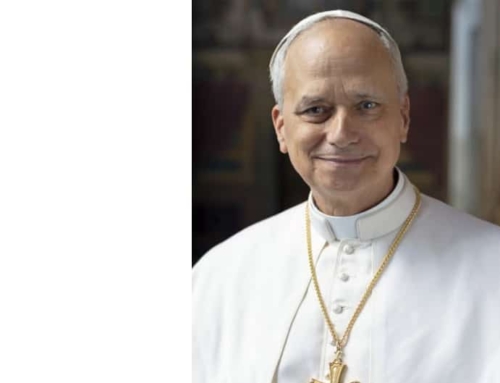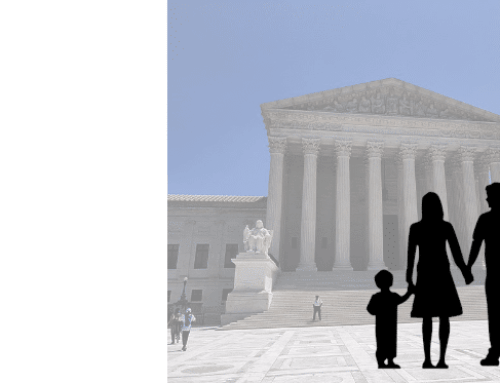Catholic League president Bill Donohue comments on the raging free speech controversies:
On November 9th, the New York Times ran two news stories on the same subject, free speech, that had very different perspectives. The articles did not appear in tandem: one appeared in Section A on p. 16; the other was a front-page story in The Arts/Cultural Desk section. The two organizations that were the subject of analysis had nothing in common, save for their alleged fidelity to free speech. One was believable; the other was not.
The credible organization is a newly founded institution of higher education, the University of Austin. It was launched by scholars and activists who are in rebellion against the censorial climate that prevails in colleges and universities today. They actually believe in free speech, and are convinced that the best way to pursue this goal is to found a new university.
One of the faculty members is a former Portland State University professor, Peter Boghossian. He is impressed with the positive reception the new university has received, noting that one professor told him, “I’m caught in an insane asylum, everybody’s gone crazy, I will work for half.” Boghossian added, “They’re desperate to get out. They can’t stand the illiberalism.”
In the 1980s, I was an initial member of the National Association of Scholars, and later ran the Pittsburgh and Pennsylvania chapters; I then became a member of the board of directors of the national organization, a post I held for 20 years. I am well acquainted with the left-wing crackdown on free speech, a condition that has only worsened in recent years. So I am delighted to learn about the founding of the University of Austin.
The new university has attracted top-notch scholars such as Harvard professor Steven Pinker (his belief in human nature makes him a freak on campus), as well as independent thinkers such as Jonathan Haidt and Glenn Loury. All of them are committed to what the academy was founded for, the pursuit of truth. Unfortunately, most institutions of higher education are interested in the pursuit of politics, and brook no dissent whatsoever.
The other organization, PEN America, has been around since 1922. Writers such as Robert Frost, Norman Mailer, James Baldwin, Saul Bellow, John Steinbeck and Philip Roth were members, and it continues to attract blue-chip poets, essayists and novelists.
“We champion the freedom to write, recognizing the power of the word to transform the world.” It says its job is to “protect free expression in the United States and worldwide.”
PEN is not believable. It would be more accurate to say it has a very selective interest in free speech. Indeed, even that is too generous—there are times when it leads the fight to squash free speech. I know.
In 1998, I led a demonstration of 2,000 people on a rainy night in New York City outside the Manhattan Theatre Club to protest the Terrence McNally play, “Corpus Christi.” The performance depicted Jesus having sex with the apostles and was riddled with obscenities directed at Catholic teachings. As the New York Times reported, there were 300 counterdemonstrators, including PEN.
I never called for the play to be censored, so freedom of speech was never an issue, at least for the Catholic League. But it was for PEN—its members came to protest our First Amendment right.
Now PEN is back at it again. The New York Times relates how it is opposing the right of parents to protest radical race curricula in elementary and secondary schools. Thus does PEN fail to distinguish between censoring heterodox views on college campuses and the right of tax-paying parents to object to hate-filled indoctrination programs in their schools. In fact, it is working to undermine parental authority, all in the name of a liberty it is known to trash.
It is not conservatives who have brought about the cancel culture—it is those on the left. That they are also the masters of thought control should surprise no one.







